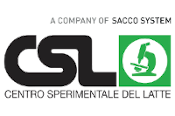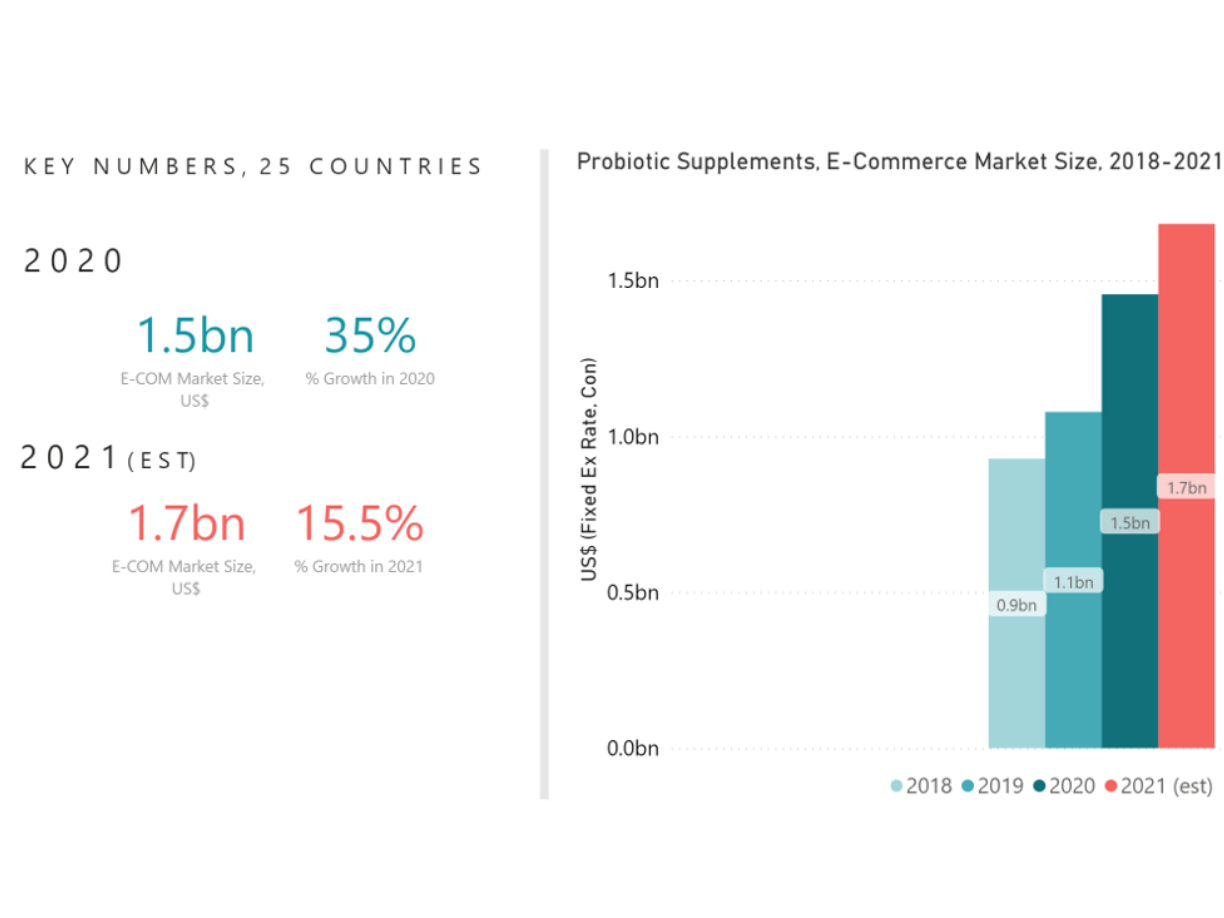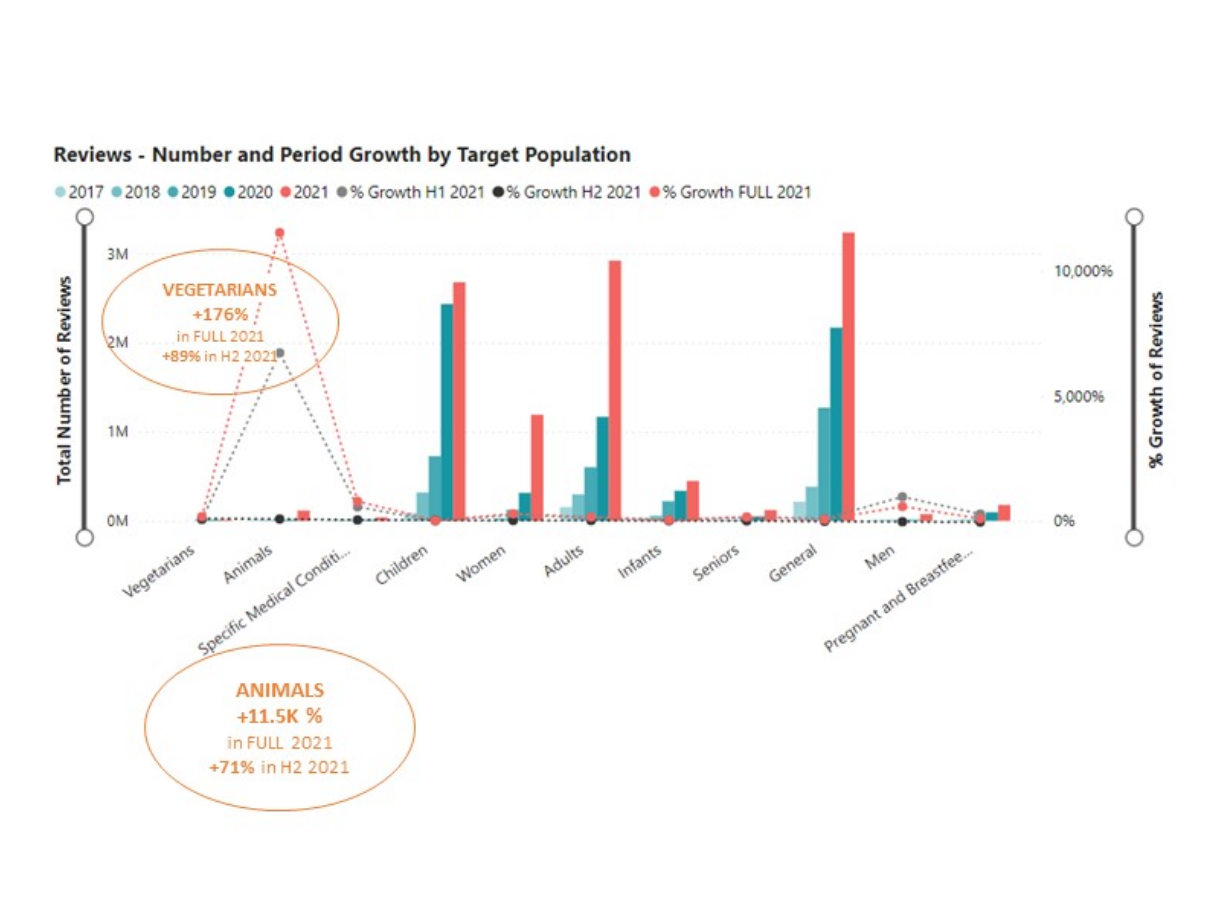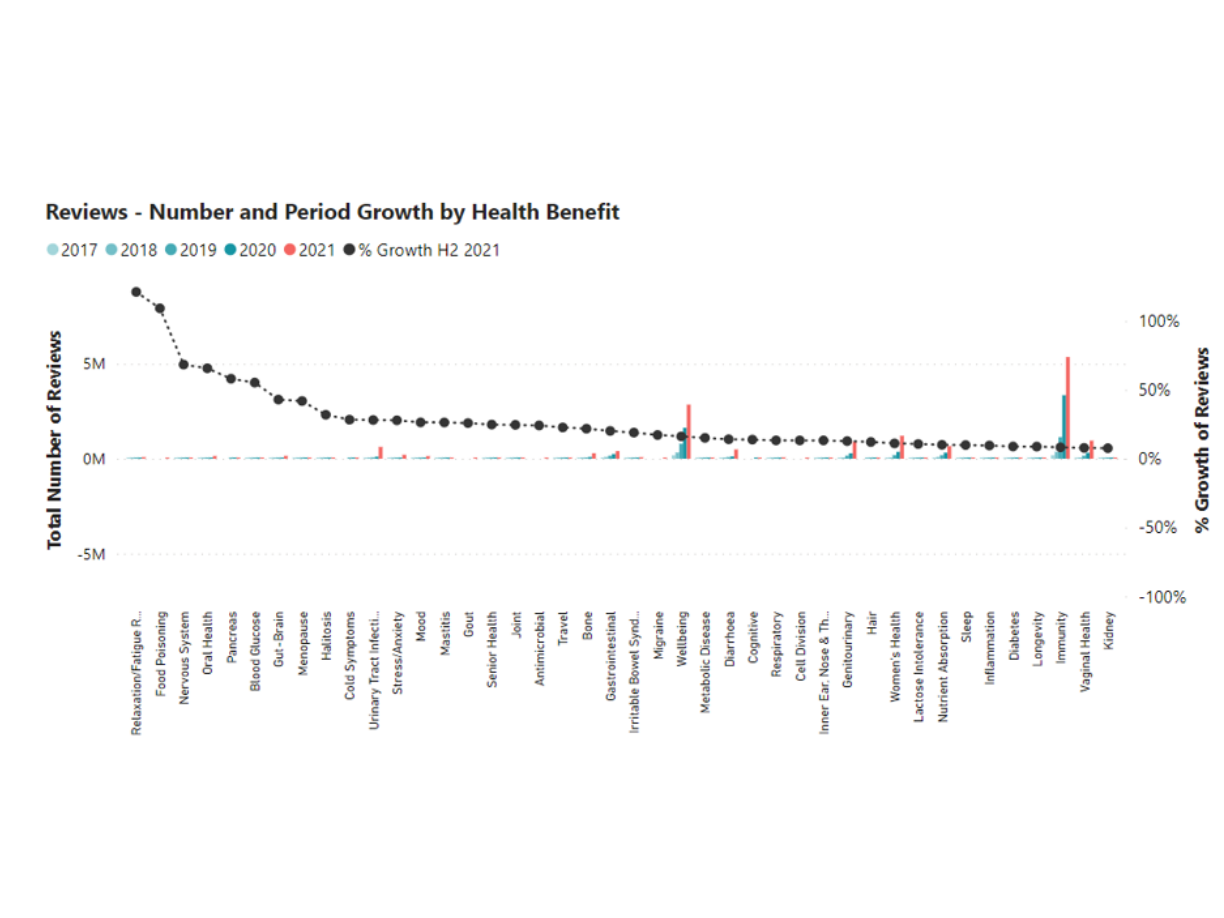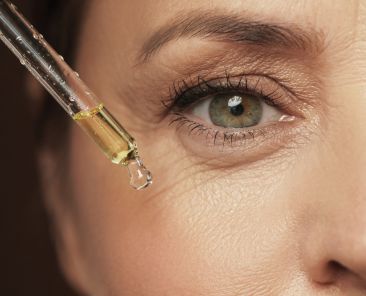Biotics
Lumina insights and data focus exclusively on the online channel, providing must-have support for your product development by:
- Identifying where the emerging market opportunities are.
- Pin pointing what health benefits consumers are searching for.
- Benchmarking key formulation detail which is successful with consumers.
- Providing detail for competitor analysis.
Our data includes probiotic supplements, juice, cosmetics and kombucha – capturing over 5,600 brand variants from 25 countries.
Did you know?
BLOG POST
Global Probiotics Market: Trends & opportunities
Probiotics form a large and much-discussed segment of the nutraceuticals space. In this guide, we take a look at the global probiotics market, its key players and what consumer sentiment can tell us about trends and opportunities for growth.
Reports
NutraIngredients and Ewa Hudson
LATEST NEWS from our blog
The COVID-19 pandemic has led to an acceleration of eCommerce for probiotics in both Mexico and Brazil.
The power of the skin microbiome and the rise of probiotic and postbiotic cosmetics for healthier skin.
Talk of supplements to support women’s health during the menopause can conjure up thoughts of botanicals to help manage hot flashes and other symptoms.










